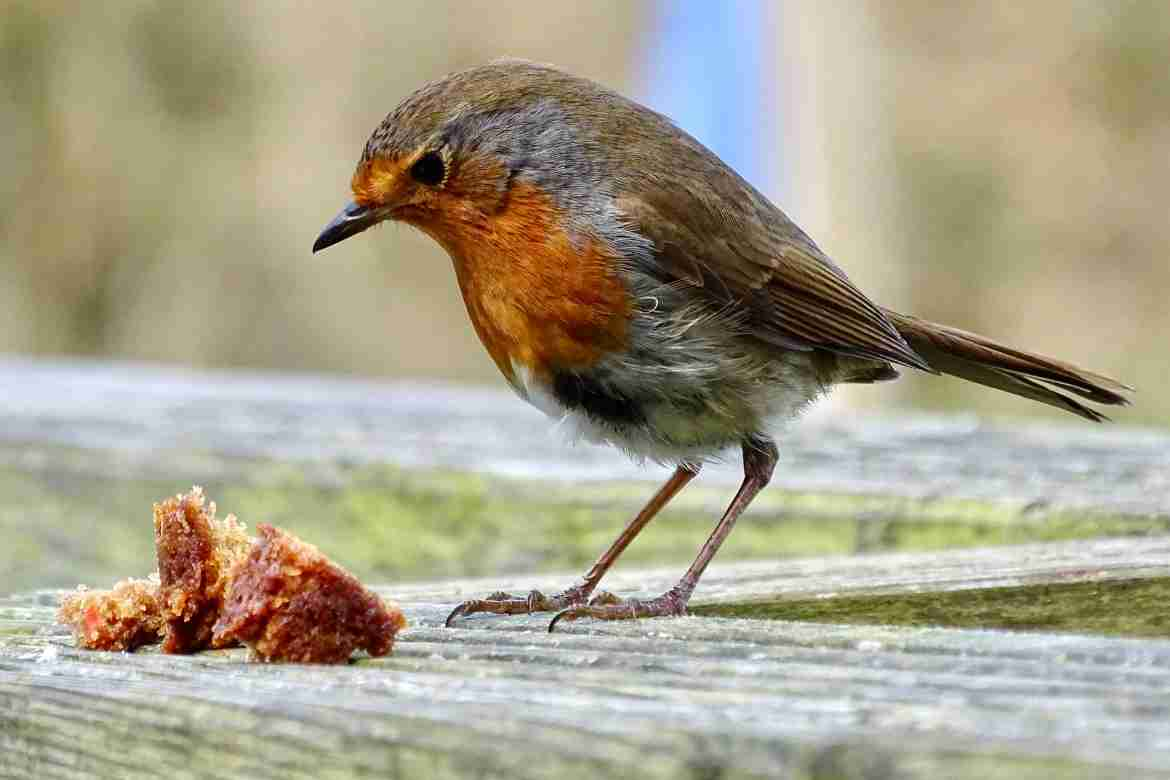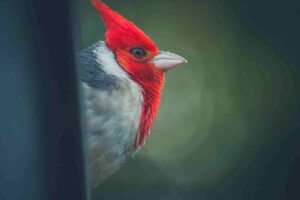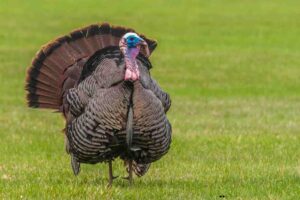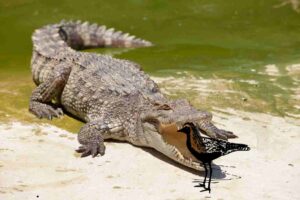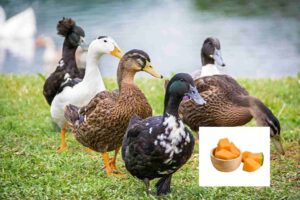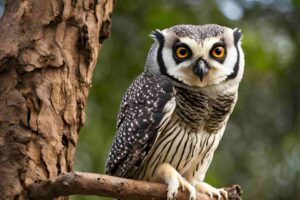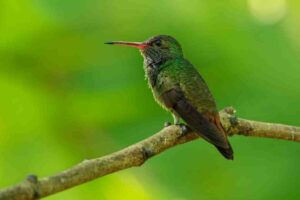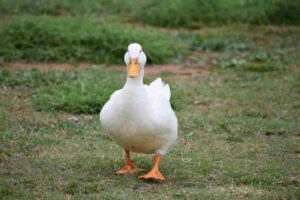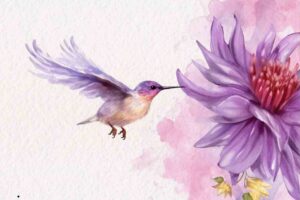During the warm seasons, Robin Birds Eat come with nutrient-rich food to help in breeding and feeding of the youngsters. Primarily during spring, they feed mainly on protein-rich invertebrates such as earthworms, grubs, and beetles. Earthworms are very vital since they have all the nutrients to utilize during breeding besides feeding their young one. They actively move to the ground and grass in the garden for feeding on the larvae and insects.
These are fruits and berries of summer, components of their diet. Robins have their fill with various berries: strawberries, blueberries, blackberries which the birds require as they are rich in activity. The birds feast on cherries and grapes in fruits that dropped to the ground or those in the gardens and orchards. This transitional time also satisfies food demand for chicks.
What does a robin eat in autumn and winter?
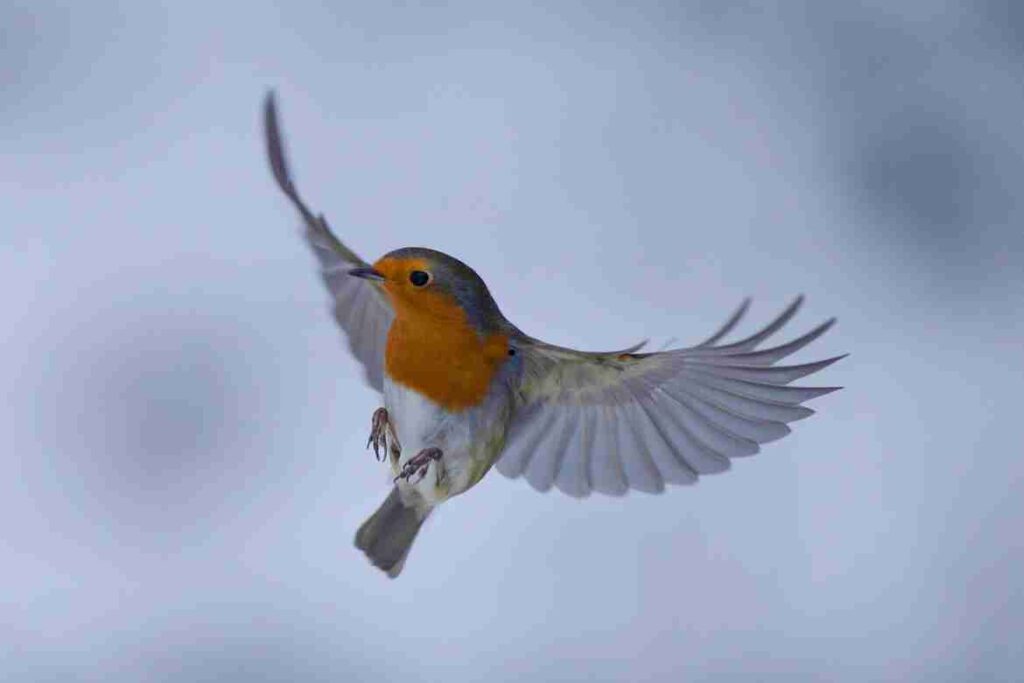
The robins continue on a diet pattern that varies seasonally but store this during winter. Berries are important as they add a crunch to the invertebrates when autumn approach arrives. The berry production in trees like Hawthorn and mountain ash during winter time is very important as it presents a richer nutrition content in the preparations for cold climatic conditions.
It is somewhat challenging for the robins to look for food during winter. They majorly feed on leftovers, like berries on holly or ornamental plants. They occasionally feed on seeds from wild plants or even raid the urban area for scraps. But with these poor sources of food, robins are highly adaptable, and this makes them survive the worst months.
Explore more info about birds: Will Black Vultures Eat Chimpanzees?
How to Attract Robins to Your Garden
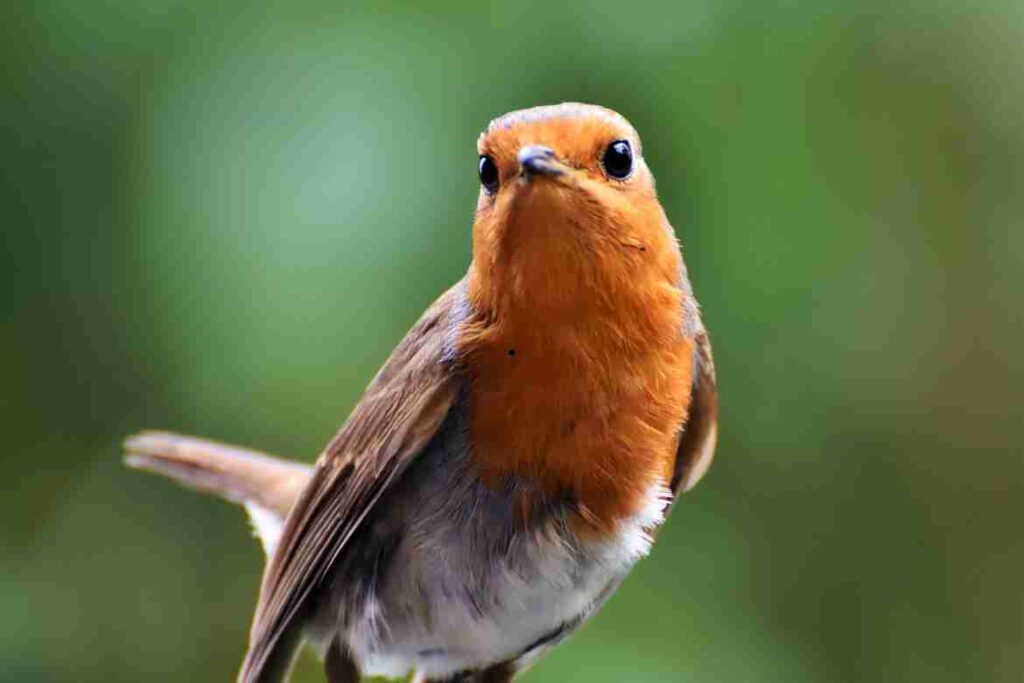
The robins will visit your house due to the food attraction and perfect dwelling in your backyard. Apples or berries are just placed on the feeders or on the ground sliced. Mealworms, fresh or dried out, are another excellent selection because it would stay one of the natural sources of protein that the robins would look for. Supplement to their winter food is suet with fruits or seeds.
Just like that, another equally important feature is the supply of fresh water. A birdbath or a shallow dish with clean water will attract robins where they can bathe and get a drink during extreme weather conditions.
EXplore more about bird diet: Stained Glass Birds: Bring Beauty and Art to Your Space
Role of Robins in the Ecology
This function, knowing what robins eat, plays a critical role in their function within an ecosystem. They keep the population of pest controlled and in check and are a part of a balanced system of their surroundings, as an insectivore. Fruits happen to be their favorite diet that aids them in seed dispersal, plant growth, and therefore, biodiversity. Finally, being the prey for other large birds, the robins contribute towards the food chain and depict how they aren’t isolated from others.
As season is changing the food intake of, rooks, just like robbins change season wise as follows for their reproduction purpose;
For Spring Season the food required- Earthworm and other Protein bug delicacies of richness
The Summer season requirement: More Fruit and berry are in more calories and complement of the rare appearances of an Insect feed.
EXplore more about bird diet: Do Owls Eat Squirrels? An In- Depth Look at Owl Diets
Autumn’s Requirement – Increased Berry counts
Season was coming towards an end preparedly going in to an off-season with all the possibility for Winter ahead.
Winter: Very scarce because a diet is at that time changed as to consume absolutely everything in sights-seed, and leftover berries bits
Knowing what robins eat reveals how flexible or changeable these organisms are and their positions in an environment. From invertebrates to fruits and seeds, the seasonal features of the diet of robins will keep the bird eating all calendar year long. You can invite these wonderful birds to your yard and assist in their survival if you can offer them appropriate food sources and water. Even when we learn about their feeding behaviors, we appreciate much more the role that these birds play in keeping ecological balance intact.
Conclusion
Knowing what robins eat gives us an idea of their adaptability and the ecological significance. Their diet is omnivorous, ranging from invertebrates to fruits and seeds, which varies with the seasons, thus making them survive throughout the year. By offering the right food and water, you can attract these lovely birds to your yard and contribute to their survival. Their feeding habits also help us appreciate their role in maintaining a balanced ecosystem.
